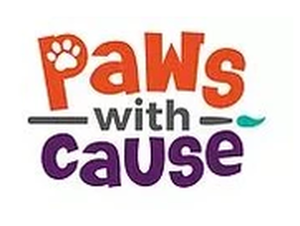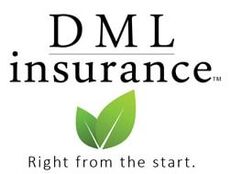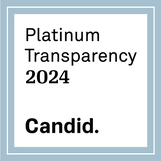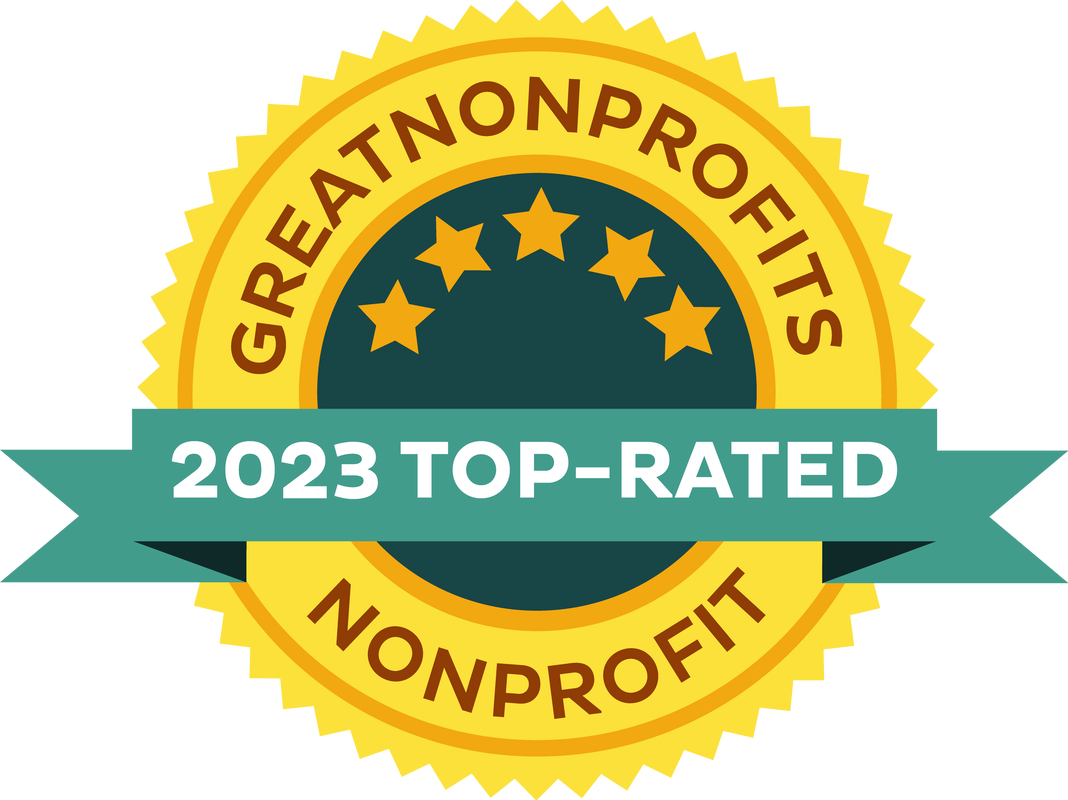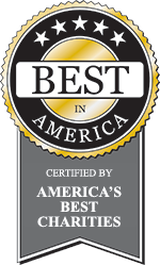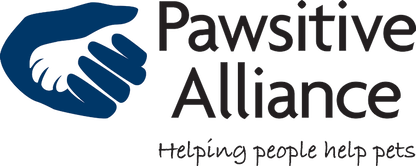PAwsistive Alliance Programs: Snip Snip
A high quality high volume spay and neuter program is the number one way to stop pet overpopulation and to end the euthanasia of cats and dogs. Pawsitive Alliance’s SNIP SNIP program is designed to assist pet owners afford the cost of spaying or neutering their pet.
In April we launched our new Grant County Spay/Neuter Transport clinic project in collaboration with Grant County Animal Outreach located in Moses Lake, and the Yakima Humane Society Spay & Neuter Clinic located in Yakima. This project is the first low cost spay/neuter project available to residents of Grant County. The initial project is focused in Moses Lake with a goal of altering 450 cats and dogs, representing 20% of the estimated unaltered animals in Moses Lake.
The first week of July the first 100 surgeries were completed with funds from a grant from the Washington Federation of Animal Care & Control Agencies. Pawsitive Alliance was also just awarded a grant from The Maria Norbury Foundation for 140 additional surgeries. Applications are currently being accepted. There is a $20 co-pay for dogs and $10 for cats, plus $10 for mandatory rabies vaccination. For applications and more information go to http://grantcountyanimaloutreach.com/
So how does Pawsitive Alliance decide where to initiate a new spay/neuter project? The first thing we do is evaluate available shelter statistics. Our goal is to focus our resources in geographic areas of the State with historically high shelter intake, transfer and euthanasia rates, and few, if any, low cost spay/neuter options. Then, and this is key, we look for a partner or partners on the ground in the area that know the area, the population, have staff and volunteers available to assist, and have statistical data.
The next step is to determine the best option for the community. Are there service providers within 100 miles where a transport clinic could be utilized? Is there a mobile clinic that would be willing to serve the community? Are there local vets that would be willing to accept vouchers at a discounted fee rate?
No it doesn’t rain cats and dogs (or puppies and kittens), even if it seems like it is to our shelter partners. A small percent of the animal population produce the majority of unwanted dogs and cats. We have to understand who needs help and how to serve them. For example, if someone doesn’t have a vehicle, they may not be able to get to the vet clinic even if they have a voucher to cover the cost.
In April we launched our new Grant County Spay/Neuter Transport clinic project in collaboration with Grant County Animal Outreach located in Moses Lake, and the Yakima Humane Society Spay & Neuter Clinic located in Yakima. This project is the first low cost spay/neuter project available to residents of Grant County. The initial project is focused in Moses Lake with a goal of altering 450 cats and dogs, representing 20% of the estimated unaltered animals in Moses Lake.
The first week of July the first 100 surgeries were completed with funds from a grant from the Washington Federation of Animal Care & Control Agencies. Pawsitive Alliance was also just awarded a grant from The Maria Norbury Foundation for 140 additional surgeries. Applications are currently being accepted. There is a $20 co-pay for dogs and $10 for cats, plus $10 for mandatory rabies vaccination. For applications and more information go to http://grantcountyanimaloutreach.com/
So how does Pawsitive Alliance decide where to initiate a new spay/neuter project? The first thing we do is evaluate available shelter statistics. Our goal is to focus our resources in geographic areas of the State with historically high shelter intake, transfer and euthanasia rates, and few, if any, low cost spay/neuter options. Then, and this is key, we look for a partner or partners on the ground in the area that know the area, the population, have staff and volunteers available to assist, and have statistical data.
The next step is to determine the best option for the community. Are there service providers within 100 miles where a transport clinic could be utilized? Is there a mobile clinic that would be willing to serve the community? Are there local vets that would be willing to accept vouchers at a discounted fee rate?
No it doesn’t rain cats and dogs (or puppies and kittens), even if it seems like it is to our shelter partners. A small percent of the animal population produce the majority of unwanted dogs and cats. We have to understand who needs help and how to serve them. For example, if someone doesn’t have a vehicle, they may not be able to get to the vet clinic even if they have a voucher to cover the cost.



